

Welcome to Animal Trust your Community Vet
Helping countless pet owners with safe veterinary care at an exceptionally fair price.
CLICK HERE
To discover the Animal Trust difference
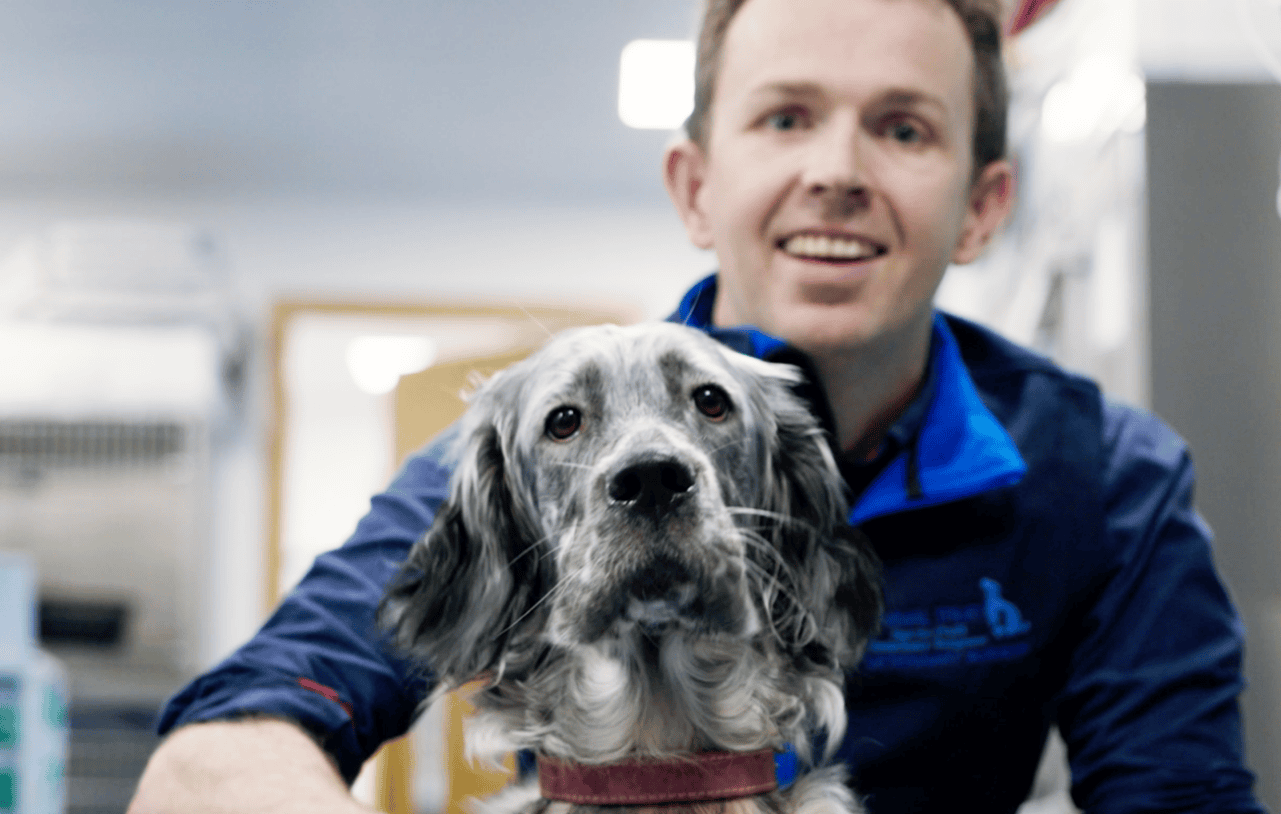
Register Today
Find a Surgery
Order Medication

How Animal Trust are helping thousands of pet owners every year
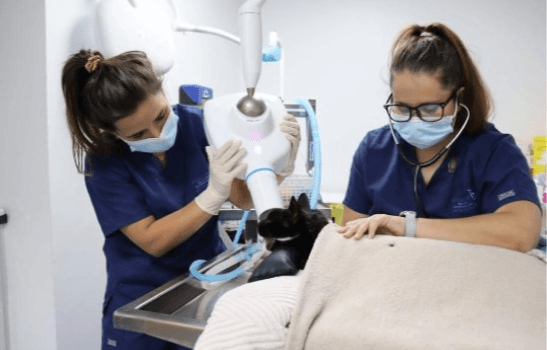
General Practice Care
Animal Trust Vets provides full-service general practice care, from vaccinations to surgery. Our consults are free, our team comprises caring professionals, and we have modern medical equipment plus fair, value-based, and transparent pricing.
Free Consultations
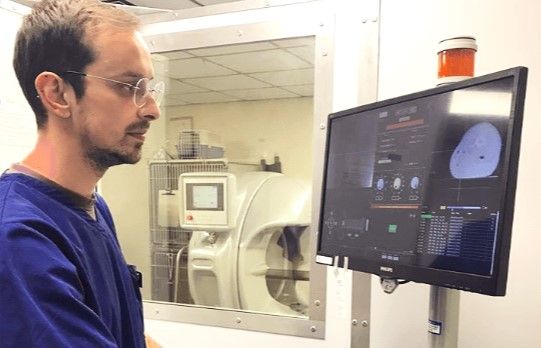
Referral Care
We help clients of other vets when their pets need more complex care, and the costs of conventional referral are prohibitive. From CT scans to major surgery, Animal Trust can be the lifesaving alternative.
A More Affordable Alternative
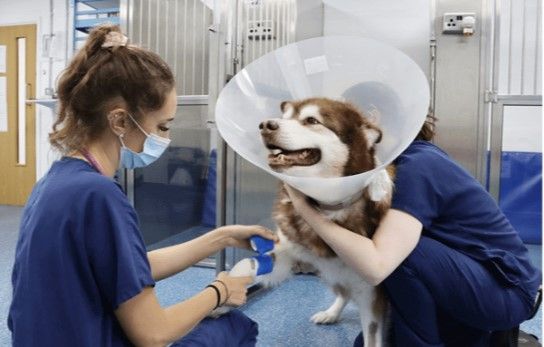
Emergency 24/7 Care
Our 24/7 centres provide nonstop urgent care when other surgeries are closed. Other than a fair £75 supplement, all other costs are the same as our daytime fees. Day or night, our care is accessible and fairly priced.
Peace of mind
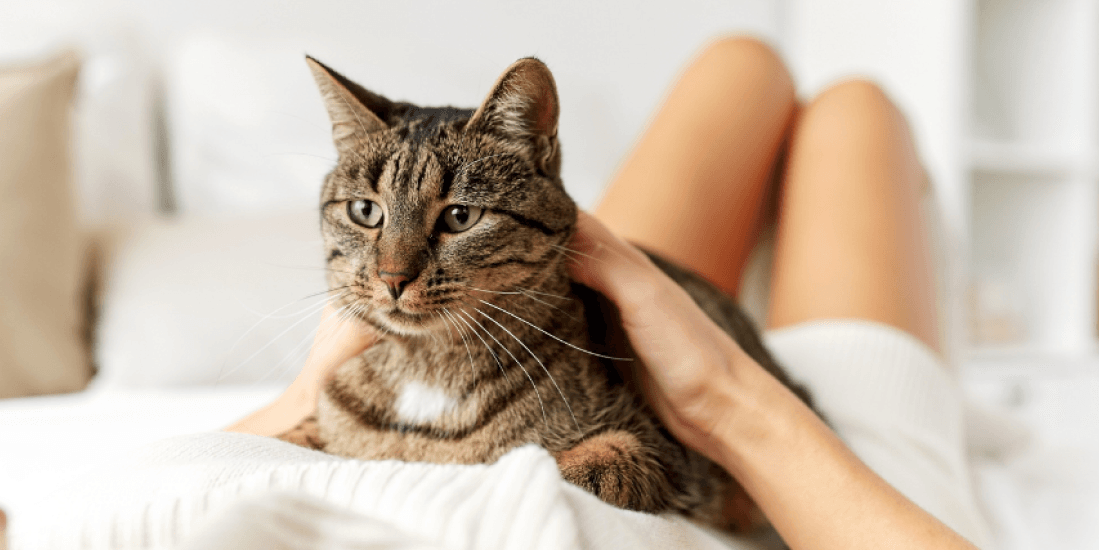
A Health Plan perfect for your pet and your pocket.
This plan is designed to help you budget for the everyday care all pets need and provide additional benefits to support you when your pet is poorly.
£19.50
Per Month
Terms and conditions apply

We’re proud to be part of the growing B-Corp movement

At the heart of everything we do is our commitment to...

Reduce our impact on the planet by focusing on sustainability in our operations.

Our Patients' welfare, providing their owners with access to affordable care.

The well-being of our Animal Trust team, as they work hard to support and help the pet-owning community.
Animal Trust is a trading name of Animal Trust Vets CIC, a community interest company registered in England and Wales. Company Registration No: 07938025
Registered Office: Animal Trust Administration Centre, Cedab Road, Ellesmere Port, CH65 4FE
